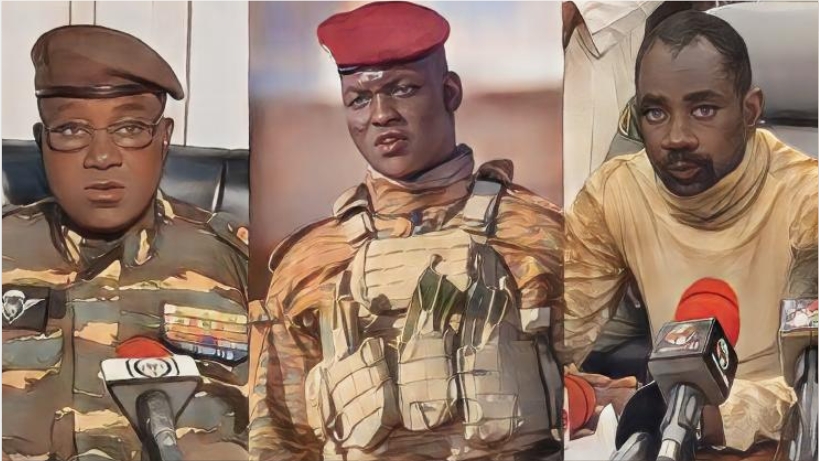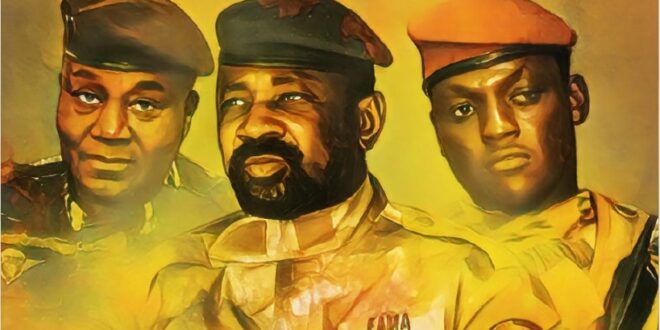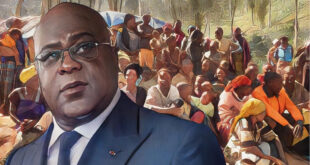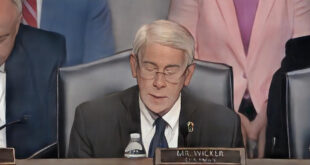Separation from Colonialism
Mali, Niger, and Burkina Faso have recently made headlines by breaking away from colonial influence. These three nations have taken significant steps to reclaim their sovereignty and free themselves from neo-colonial control.
Who Were the Colonialists?
The colonialists were the Western powers that participated in the Berlin Conference of 1885. This conference was held in Berlin, Germany, where European nations gathered to divide Africa among themselves. The primary motive behind this division was to exploit Africa’s resources, including gold, diamonds, and other natural wealth, while ensuring that they did not fight each other over territorial claims.
The Creation of African Countries
Before the arrival of colonizers, Africa was a unified land with no political borders. However, during the Berlin Conference, European powers drew artificial borders on paper and divided the continent among themselves.
- France took control of Burkina Faso, Mali, and Niger, along with much of West Africa.
- Britain, Germany, and other European nations took their respective territories.
- These imposed borders resulted in some African nations speaking French, while others speak English, Portuguese, or other colonial languages that were forced upon them.
The Illusion of Independence
After achieving independence in the 1960s, many African nations supposedly gained their freedom. However, the French maintained control over their former colonies through economic and political agreements.
One such controversial agreement required former French colonies to continue using the CFA Franc, a currency printed in France and controlled by the French government. Ironically, despite using this currency, Africans cannot spend it in France. This economic system kept these nations financially dependent on their former colonizers.
A Bold Move Towards True Independence

In 2024, Mali, Niger, and Burkina Faso decided to break free from colonial influence.
- They expelled French military forces from their territories.
- They removed French diplomats who refused to cooperate with their governments.
- They rejected French control over their economies and military affairs.
These decisive actions marked the beginning of a new era of self-determination for the three countries.
ECOWAS Stands Against the Breakaway Nations
The Economic Community of West African States (ECOWAS), an organization established in 1975 to promote economic cooperation, trade, and self-reliance, surprisingly opposed these countries’ actions.
Rather than supporting their fellow African nations, ECOWAS condemned their departure from French influence. The reason? ECOWAS receives financial support from France.
Instead of standing in solidarity with Mali, Niger, and Burkina Faso, ECOWAS threatened military action against them, declaring:
“We are ready to go any time the order is given to fight. The D-Day is also decided, which we are not going to disclose.”
This statement exposed the deep ties between ECOWAS and Western powers, raising concerns about its true purpose.
Formation of a New Confederation
Despite ECOWAS’ threats, Mali, Niger, and Burkina Faso have taken a historic step by forming a confederation to strengthen their unity and independence.
- They have created their own flag as a symbol of their newfound sovereignty.
- Their leadership will rotate annually, with Mali chairing the confederation in its first year.
- They have implemented independent financial and economic policies to break free from Western-controlled systems.
A New Era for West Africa
The decision of Mali, Niger, and Burkina Faso to stand together marks a turning point in African history. These nations are leading the charge toward genuine independence, setting an example for other African countries still under the influence of former colonial rulers.
This bold move is not just about rejecting foreign control—it’s about reclaiming Africa’s dignity, resources, and future.
 Cmtv News News -Education – Entertainment – Sports
Cmtv News News -Education – Entertainment – Sports







